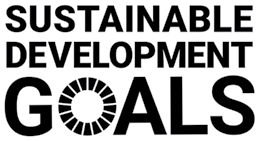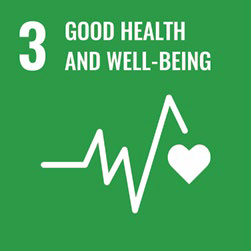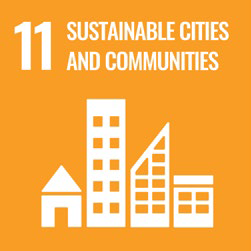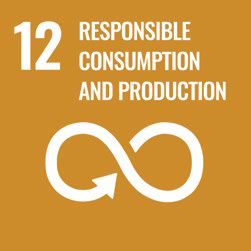Making cities better place to live in
Dr. Marcus Collier and Prof. Anna Davies
 More than 50% of the world’s population lives in cities. While only 3% of earth’s land area, cities are responsible for 60 – 80% of world’s natural resource use, consumption of energy, and carbon emissions.
More than 50% of the world’s population lives in cities. While only 3% of earth’s land area, cities are responsible for 60 – 80% of world’s natural resource use, consumption of energy, and carbon emissions.
“Urban systems around the world are transforming rapidly and will need to become more efficient, inclusive and sustainable in order to reduce the adverse environmental impact of cities.”
Dr. Marcus Collier is exploring new urban planning processes that will better introduce and finance nature-based solutions in Europe. His trans-disciplinary approach co-creates with communities, city councils and businesses, to establish new performance indicators that will enable provide multi-function nature-based solutions in cities, make them transferable and scalable between different locations and most importantly make them culturally sensitive and socially acceptable.
Connecting Nature (https://connectingnature.eu).
Prof. Anna Davies is exploring through collaboration and trans-disciplinary approach how information technologies and internet-of-things can support city-based food sharing economies. It has been estimated that 30% of food produced globally is wasted. Sharing food is valuable way of reducing this inefficient use of resources. The SHARECITY project has developed the first global map of ICT-ediated urban food sharing in 100 cities (SHARECITY 100 Database), conducted in-depth comparative analysis of food sharing across 9 global cities and codesigned an online interactive sustainability impacts toolkit (SHARE IT).
More information:
SHARECITY project – (https://sharecity.ie/)
SHARECITY 100 Database – (https://sharecity.ie/research/sharecity100-database/)
SHARE IT Toolkit – (https://sharecity.ie/getting-started-with-the-share-it-toolkit/)




